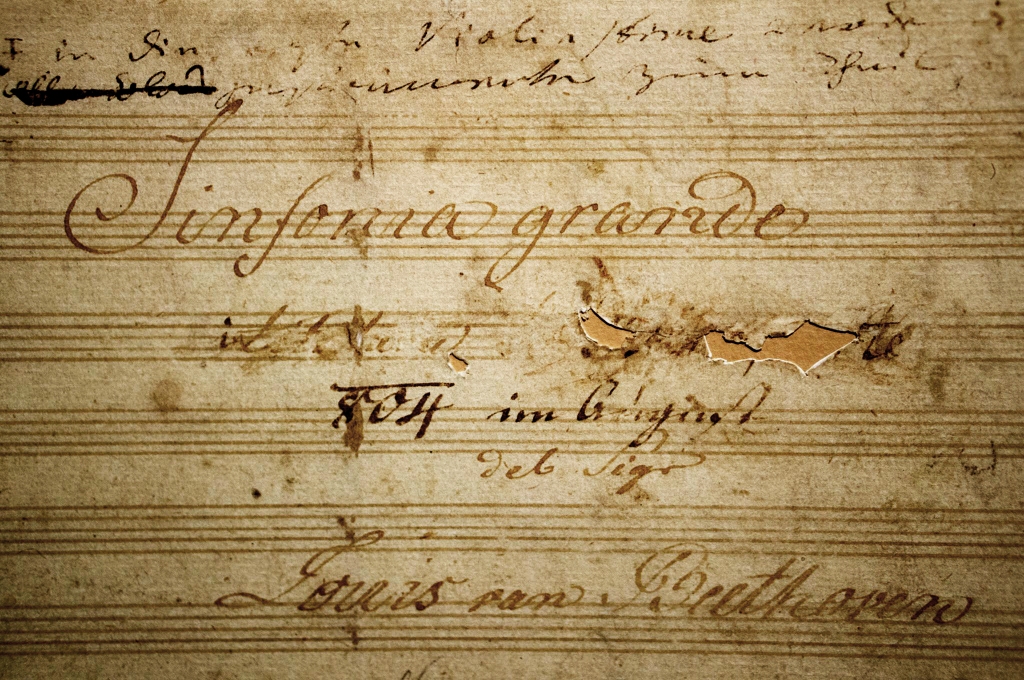... a nawet zakazywało udzielania zgody na śluby jeżeli nowożeńcy nie nauczą się mówić po niemiecku.
This is clear evidence that the germanization of the Polish-speaking people of Lower Silesia has swiftly started off almost from the very moment the Prussians had conquered Silesia from the Austrian Empire in 1741. The germanization process which had hitherto been natural and very slow on the right bank of the river Oder and even in large areas south of Breslau/Wrocław [around the town of Oława], had been given a new, and a very strong, administrative dimension. The intention of Frederic the Great and the Prussians is more than clear for everyone who will read the above decree.
Curiously enough, the Prussians did not manage to make such a progress in the germanization of Upper Silesia which until 1918 largely remained a Polish-speaking region.
--------------------------------------
Not a mention of the above decree of Frederic the Great in the German Wikipedia, however.
 PolishForums LIVE / Archives [3]
PolishForums LIVE / Archives [3]
